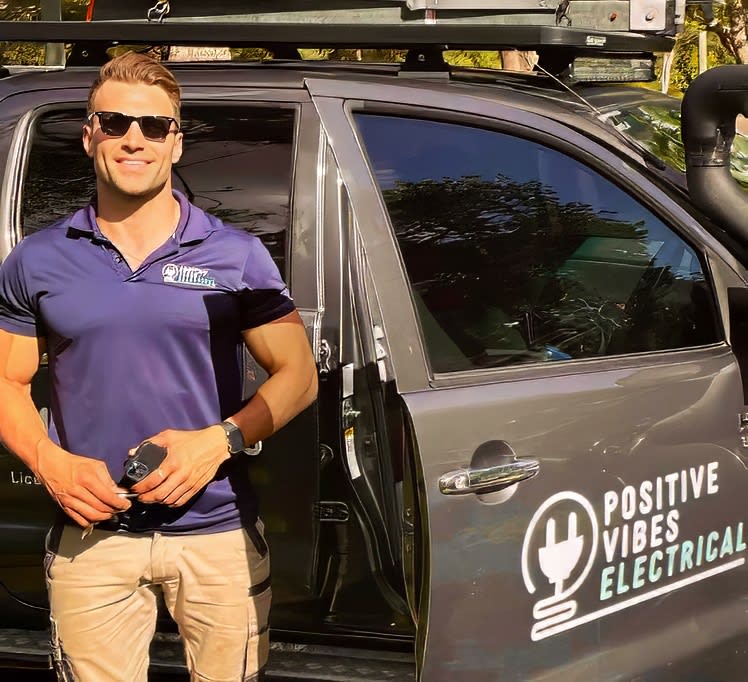You should prepare your home not just for the cold weather but also for electrical hazards as the winter season approaches. Electrical accidents are more likely to happen with temperatures dropping and more time indoors. This article discusses the most common winter electrical hazards and practical tips for protecting your home. Let’s look at how to protect your home against winter electrical hazards before the snow starts falling.
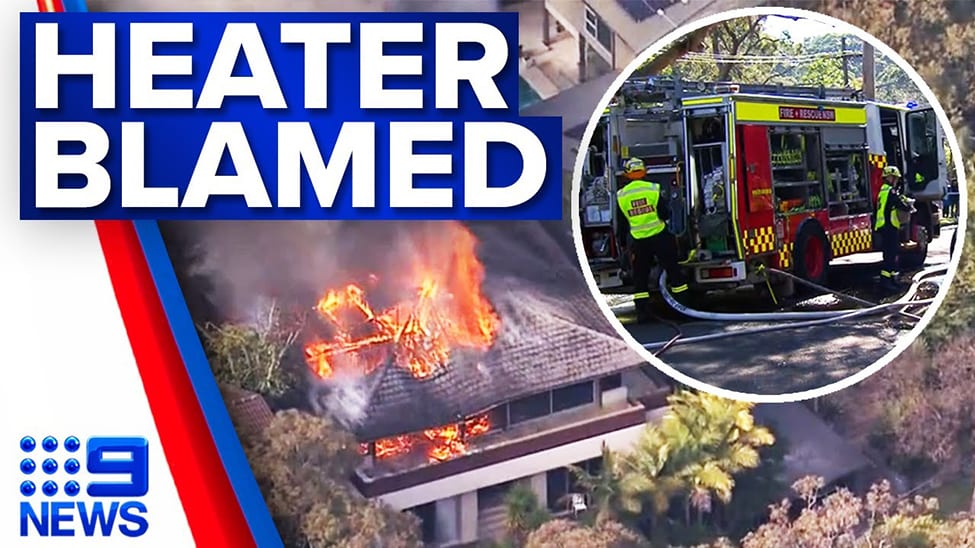
Keep Electrical Wiring and Outlets Safe
One of the most common causes of electrical hazards in the winter is faulty wiring or overloaded outlets. To keep your home safe, follow these tips:
- Inspect your electrical wiring for any signs of wear and tear, and replace or repair damaged wires promptly.
- Avoid overloading outlets with multiple power strips and extension cords.
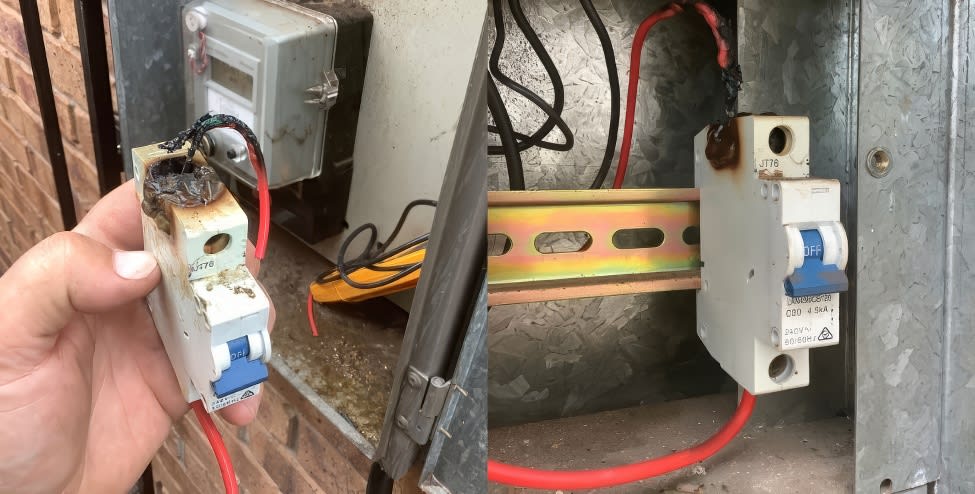
Use Space Heaters Safely
Space heaters are a common source of fires and electrical accidents during the winter. To use them safely:
- Keep space heaters at least three feet away from flammable materials like curtains, blankets, and furniture.
- Avoid using extension cords when using space heaters. Plug the equipment directly into the wall outlets.
- Regularly inspect your space heater for any damage or defects.
Service Your Heating System
Whether it’s a furnace or a heat pump, your heating system works hard in the winter months. This will ensure that the heating system operates optimally in a safe way:
- Schedule regular maintenance checks with a qualified technician to clean and inspect your heating system.
- To maintain good airflow and prevent overheating, replace air filters as the manufacturer advises.
Protect Outdoor Outlets
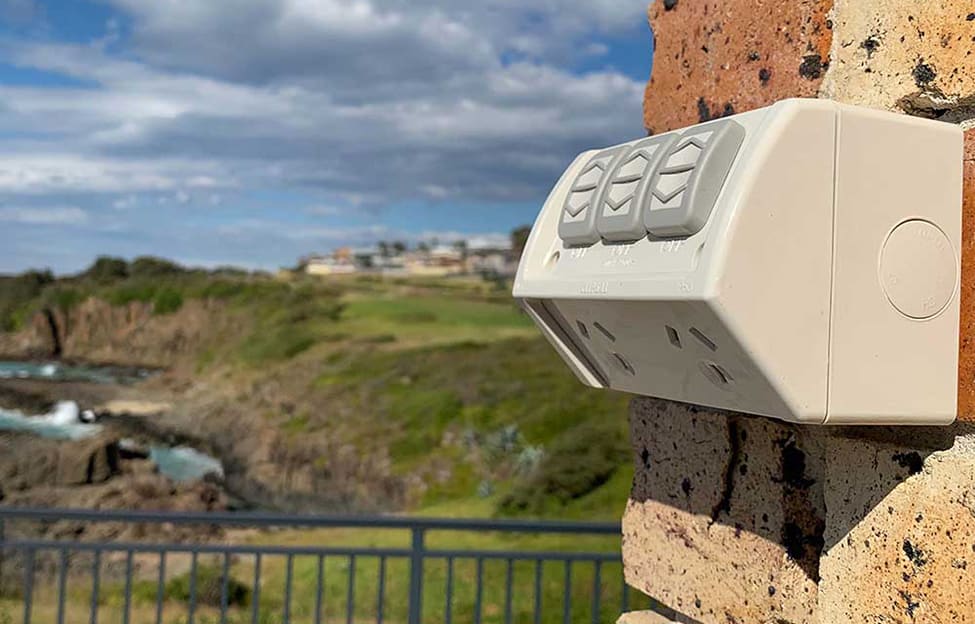
Outdoor electrical outlets can be vulnerable to winter conditions. To safeguard them:
- Use weatherproof outlet covers to prevent moisture from getting inside.
- To prevent electrical shocks, consider installing ground-fault circuit interrupters (GFCIs) in outdoor outlets.
Insulate Your Home
Proper insulation can not only save on energy costs but also reduce the risk of electrical hazards. Insulating your home can help prevent power outages caused by overloaded circuits during winter storms. Ensure your attic and walls are adequately insulated to maintain a consistent indoor temperature. If you need expert advice on how to insulate your home, call Positive Vibes Electrical. We have the requisite expertise to insulate your home at a minimum cost.
Be Cautious with Extension Cords
Extension cords are convenient, but they should only be used as a temporary solution. During the winter, try to minimize their use, as they can pose a fire hazard. If you must use an extension cord, you should:
- Choose a heavy-duty, grounded extension cord.
- Never run extension cords under rugs, carpets, or furniture.
Prepare for Power Outages
Winter storms can lead to power outages. Be ready with a backup power source, such as a generator or portable power banks for essential devices. Ensure that your backup power sources are well-maintained and tested before winter sets in.
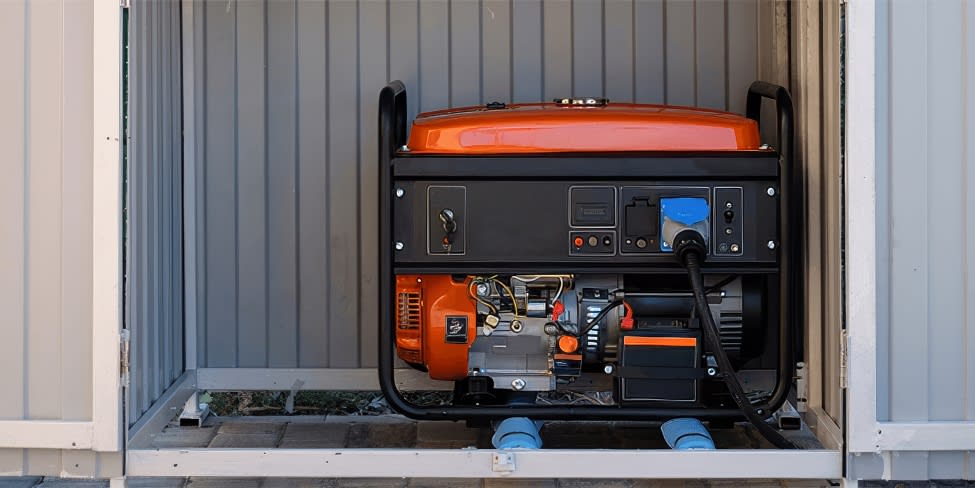
Conclusion
It’s easy to keep your home safe from winter electrical hazards if you do regular maintenance, use electric appliances carefully, and pay extra attention to safety measures. To learn more about electrical hazards in





